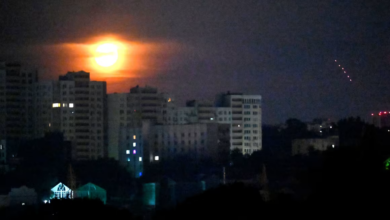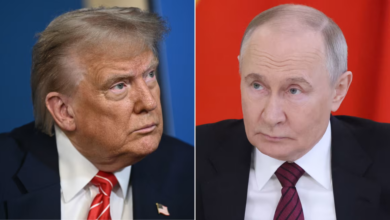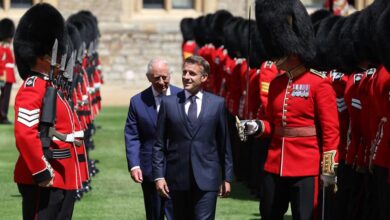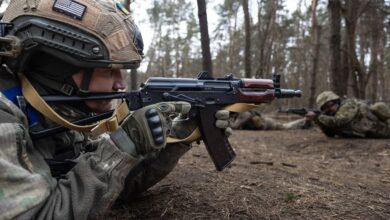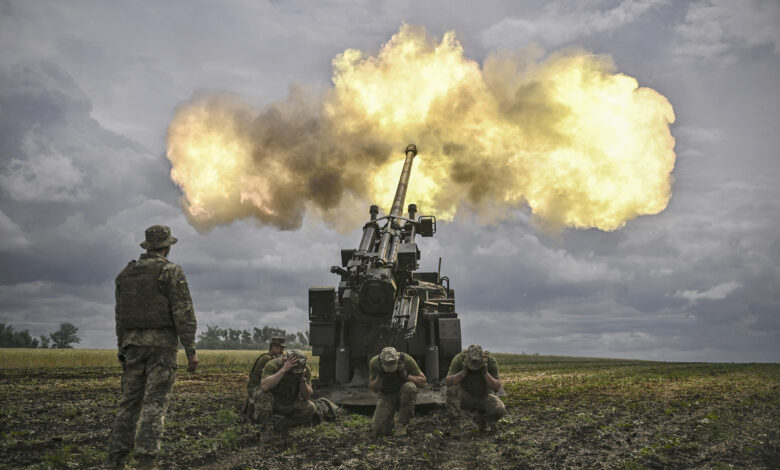
As Russia’s war in Ukraine reaches the six-month mark, officials across Europe are worried that the Western consensus to supply arms to Ukraine could fall apart amid the real possibility of economic recession.
The continent is now facing a bleak winter of rising food prices, limited energy to heat homes, and a growing fuel crisis.
Western officials and diplomats spoke to CNN on the condition of anonymity to candidly describe sensitive conservations among governments.
“At the start … it was politically quite easy to rally behind Ukraine and make the case for donating weapons and cash,” a NATO official told CNN. “Over time, the types of weapons we are sending have got more complicated, as has the training required to use them effectively.”
“The good news is, these arms are helping the Ukrainians hold out. The bad news is, the longer the war goes on, the shorter on supply these weapons will be.”
War fatigue: On top of the economic and military costs, there is also serious concern that war fatigue could influence foreign governments’ contributions as the conflict stagnates.
“Back in February, it was easy to jump on the anti-Putin bandwagon. Now the war is in the boring strategic stage. There are fewer daily gains and losses and there are fewer photo opportunities,” according to a NATO diplomat.
Of course, this won’t be as straightforward as countries simply withdrawing their support. But it might involve countries changing the parameters of exactly what outcome they support.
Shifting end game: Some Western European countries, most notably Germany and France, have said publicly that dialogue will have to exist between the West and Moscow.
“Do we all still have the same view of the end game? Is it just getting back to the borders of before Russia invaded? Or is it back to pre-2014, before Russia annexed Crimea? And will we deal with Putin after the war or will he need to stand down?” a European diplomat said.
“These are the long-term questions we need to be asking, but are not. It’s better not to ask these questions right now.”

